Breweries & Wineries
Breweries and Wineries that regularly engage in qualifying activities for the R&D Tax Credit are very common. Unfortunately, the vast majority of such companies are unaware that these activities could be generating additional tax savings each year. Below, we dig into the kinds of activities that qualify for the credit, as well as how we analyze the activities of companies in this industry to help steer our calculations.
Four-Part Test
In determining whether an activity qualifies as Research and Development for tax credit purposes, the IRS has put together a list of criteria that must be met, which is commonly referred to as the “four-part test.” The four-part test is as follows:
Permitted Purpose – the activity is intended to result in a new or improved product or process (must be improving the functionality, performance, reliability, or quality)
Technological in Nature – the activity must rely on the principles of physical or biological science, engineering, or computer science
Technical Uncertainty – at the beginning of the activity, the taxpayer must be uncertain as to capability, method, or design
Process of Experimentation – the taxpayer must evaluate one or more alternatives to eliminate technical uncertainty (e.g., modeling, simulation, or systematic trial and error)
Anyone who is actively performing, supervising, or supporting an activity that meets all four parts will have qualifying R&D time that goes into calculating the R&D tax credit.
Qualifying Activities
Many different day-to-day activities in Brewery and Winery businesses qualify as Research and Development for the purpose of the tax credit. Companies that develop new flavors and enhancement via testing of product ingredients, new mixing techniques, new or improved equipment or processes for bottling, brewing, corking, and packaging products, new or improved kegging techniques including water recycling and waste management techniques, or enhanced formulas and ingredients for mixing methods qualify for the R&D Tax Credit. Anytime your company experiments with hopping techniques and hops varieties or attempts to maximize shelf-life through new or improved product designs or bottling and canning processes, R&D is occurring. Developing, improving, and implementing processes related to quality assurance testing, irrigation systems, or sustainable energy (“green”) solutions also support the R&D process. There are many other qualifying activities, some of which include:
Developing and implementing new or improved filtration techniques and fermentation processes, including new yeast strains
Testing and analyzing microbiology of prototype samples
Experimenting with new grape strains for enhanced or new product profiles
Testing new soil and rootstock processes
Time spent directly performing, supporting, or supervising these activities would also qualify as R&D time. Adams Consulting works with your company to identify the qualifying activities of your business and document those efforts through an R&D Tax Credit Study.
Qualifying Titles
While job titles themselves do not guarantee that an employee is engaging in qualifying activities, the IRS does apply weight to certain job titles in relation to qualifying activities. In that sense, some examples of brewery and winery titles associated with R&D activities commonly include:
Assistant Brewer/Winemaker
Bottling Line Worker/Supervisor
Cellar Worker/Master
Director of Winemaking & Production
Enologist
Head Brewer
Lab Assistant or Manager
Operations Manager
Production Manager
Regional Brewer
Winemaker
Non-qualifying Activities and Titles
Some activities and titles do not typically qualify for the R&D tax credit. Examples of non-qualifying activities are:
Adaptation or duplication of existing business components to meet a particular customer’s requirements
Surveys (e.g., efficiency surveys, management surveys, market research, routine data collection, and routine quality control)
Research that is wholly funded by grant or contract
Research conducted outside the United States
Research related to style, taste, cosmetic, or seasonal design factors
Research in the social sciences, art, or humanities
Examples of titles not usually associated with R&D qualifying activities would be:
HR
Purchasing
Marketing
Other soft-science related areas
Adams Consulting works with your company to identify which employees and activities are qualifying for the R&D Credit. We then thoroughly document those activities and the functions of those individuals involved as part of the R&D study.

